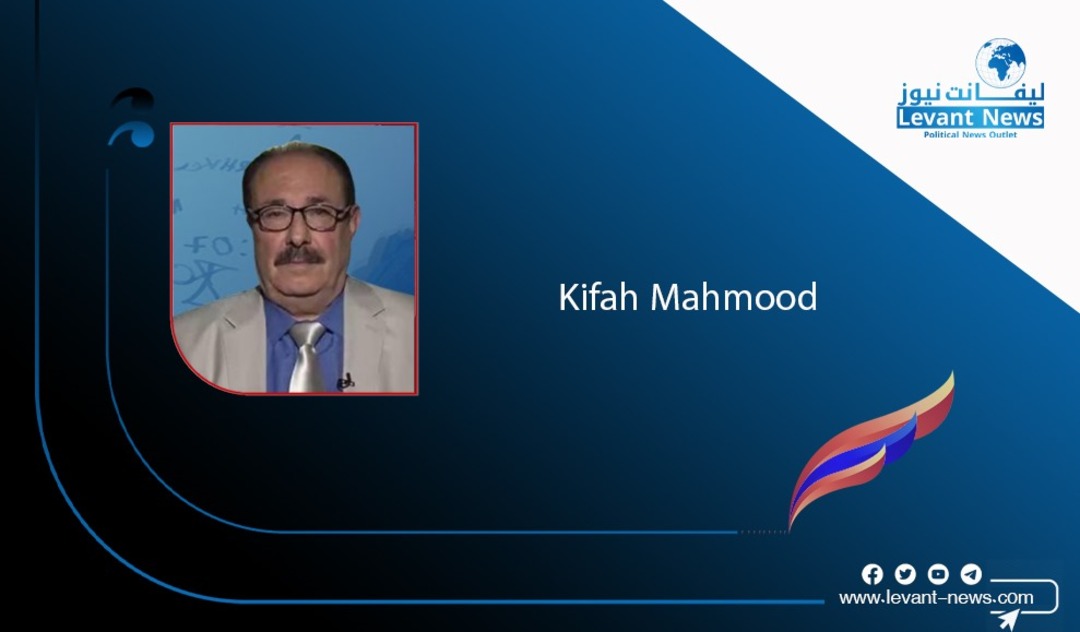-
The Noise of Slogans and the Moaning of Peoples!
-
It is more appropriate for us to first repair and reconcile our homelands

Our peoples have long been preoccupied with grand slogans about the liberation of Palestine, building the resistance axis, and confronting the "Zionist enemy," while our internal realities are more fragile and bloodier than any external confrontation. Iraq, Syria, Lebanon, Yemen, Algeria, Iran, and Turkey have never known stable internal peace; instead, they have become arenas of chronic sectarian, ethnic, and party conflicts, consuming their energies and tearing apart their social fabric—even before facing any serious external threat. This raises the question: Shouldn't we have started with normalizing relations among the components of our countries and achieving internal peace before thinking of peace with Israel or any other external force?
In Iraq, the crisis of national identity still sways between sectarianism, factionalism, and ethnic divisions, making the state weak and helpless in the face of corruption and external interventions. In Syria, the popular revolution turned into brutal civil war, driving millions of Syrians into exile. Lebanon, in turn, is drowned in sectarian division, making the state hostage to quotas and political paralysis. Yemen's internal disputes have transformed into proxy regional wars, destroying the country and rendering it one of the poorest places on earth. In Turkey and Iran, conflicts with the Kurds and other components continue to hinder the building of a unified civil state. Even Algeria, which emerged from a bloody civil war, still swings between fragile stability and structural divisions.
The paradox is that most of these countries and regimes are the loudest in their rhetoric about "liberating Palestine" and "resistance," yet internally they are incapable of freeing their peoples from fear, poverty, and civil strife. They raise the flags of hostility against Israel but do not hesitate to crush their citizens if they demand fundamental rights such as freedom, dignity, or social justice. With this behavior, slogans of resistance have turned into tools for justifying tyranny and covering internal impotence, rather than becoming genuine projects for national liberation.
Conversely, Egypt and Jordan— the first two Arab countries to sign peace treaties with Israel— chose a different path. Despite reservations about their approaches, they succeeded in distancing their peoples from the horrors of repeated wars, providing relative stability, and focusing on internal development, infrastructure, and public services. It has become clear that "peace of the mind"— even if it sparks political debate— is more beneficial for peoples than ongoing war slogans that only lead to more destruction.
Any external peace project, whether with Israel or others, will not be effective unless preceded by a process of internal reconciliation and normalization among the components of the countries themselves. History has taught us that a divided state, torn apart by civil strife, cannot wage just wars or establish genuine peace. The first condition for any confrontation or peace is building a cohesive internal house based on a fair social contract, strong civil institutions, and a rule of law that respects all citizens equally.
Palestine will not be liberated by slogans from regimes fighting within its borders, but first by liberating itself from the culture of tyranny and internal strife, and establishing genuine peace among the people of the same homeland. Only then will external peace become a mature choice, rather than a slogan for political consumption.
Kifah Mahmoud
Tags
You May Also Like
Popular Posts
Caricature
opinion
Report
ads
Newsletter
Subscribe to our mailing list to get the new updates!




















